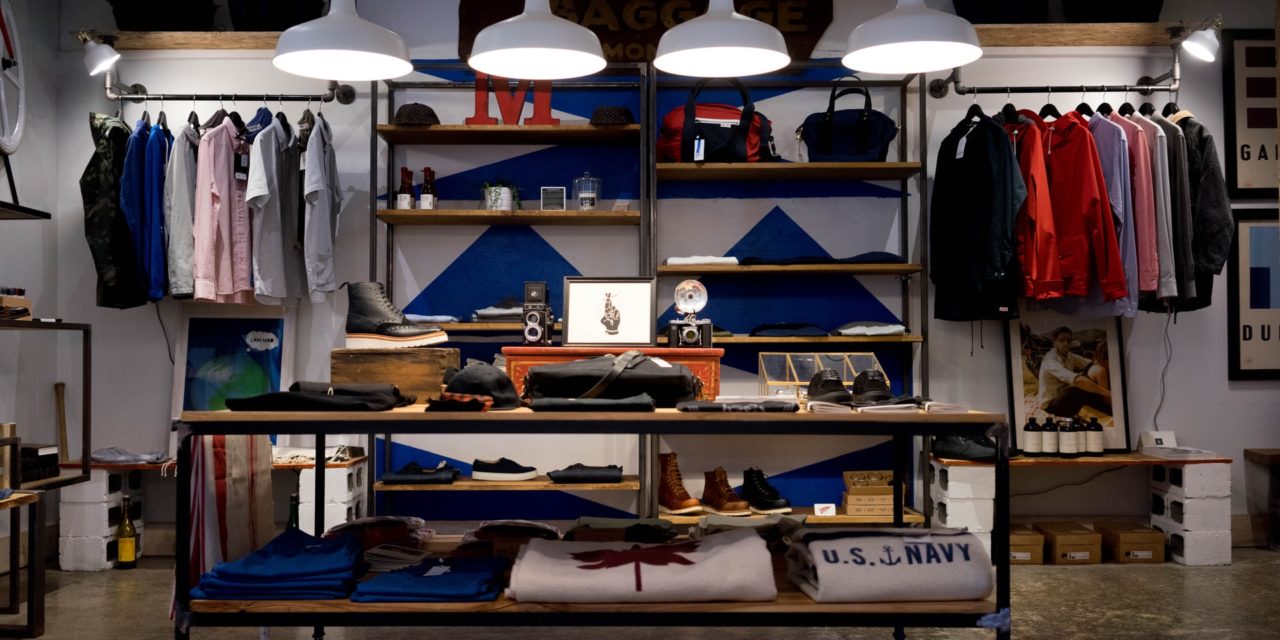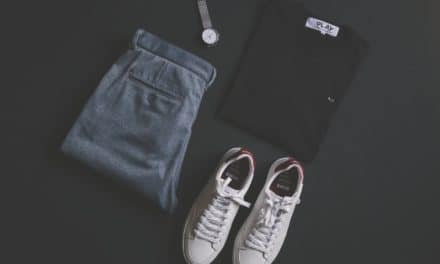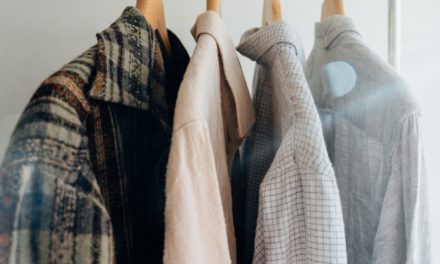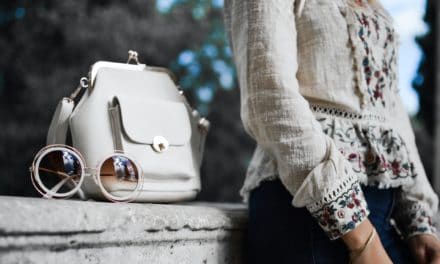[ad_1]
Colour is the first thing other people notice about us, and its impact is immediate and long-lasting. Our fashion colour choices say a lot about the image we are trying to portray and how we feel about ourselves. So what does colour tell people?
Within seconds of meeting you, others will respond to the ‘colour messages' flashed by your clothes. It is a fact that different colours can make people feel a certain way. It has even been determined by medical science that colour can influence the viewer's hormones, blood pressure and body temperature. Colour also has an impact on:
- Your apparent shape;
- Your apparent weight;
- Your apparent personality;
- Your emotions;
- Others emotions.
Other important considerations are how appropriate the colour is for the location, occasion, time of year, your age and of course, your natural colouring.
We are all influenced by colour every day, whether we realize it or not. If we're having a bad day and not feeling good about ourselves, we tend to automatically choose clothes in dull neutral colours like black, grey or brown because they match how we're feeling. Just as when we're happy and feeling great we will go for something a bit brighter.
Have a look in your wardrobe and see how many different colours you own. Do you have a veritable rainbow of outfits? Or are there just 1 or 2 colours that you wear a variation of all the time? You may find you are stuck in a colour rut. Knowing this, why not experiment with the colours you wear and surround yourself with.
The first rule is to always be guided by what suits your natural colouring – that is your skin tone, eye colour and hair colour. Once you know your best range of colours, you can choose different colours for different occasions.
Sometimes a certain combination of colours will create the affect, rather than each colour individually. Colours produce different reactions when put together in different colour combinations and when used in different fabrics. For example, a red jacket worn with a white shirt to a business meeting exhibits confidence and power, but a red jacket worn with a lacy red top may be interpreted as you having other things on your mind besides this business meeting.
So which colours are appropriate for what situations? Which colours can help you portray a certain image?
Here is a list of colours for woman that are ideal for a whole range of occasions:
- Blue-based reds: Suggests intelligence and femininity.
- Yellow-based reds: Energetic colour that keeps conversations going (Men are inherently attracted to yellow-based reds – a great colour for a first date)
- Purple: Stirs the senses and generates passion – great for creative endeavours
- Turquoise: puts other women at ease, encourages them to open up
- Lipstick red: implies strength and authority
- Medium blues: a calming colour that allows interactions to go smoothly
- Browns: non-threatening, stable, supportive and reliable (great for meetings with colleagues or clients)
Remember, the most important thing is to choose colours that are a good fit for your natural colouring. There is no point choosing a colour that suggests creativity and confidence if it also makes you look washed out or sick.
Wearing your best range of colours can have a huge impact on your wardrobe and your confidence. The right colours can make your skin tone appear more even, reduce the appearance of wrinkles and dark circles and make you look brighter and healthier. While on the other hand wearing a colour which isn't so good for you, can make you look tired, dull and even ill. A colour analysis with a professional image consultant will show you exactly which range of colours are best for your clothing, makeup and accessories.
Once you know your best colour range, you can experiment with colour, choosing different colours to portray a different image or to have a certain impact on others.
Our fashion colour choices tell the world a lot about us. Knowing how to use colour to your advantage can change the way you dress and boost your self-confidence.
[ad_2]
Source by Susan Lockhart





